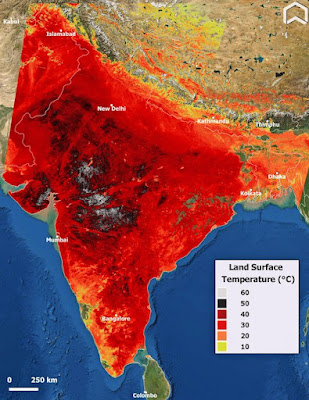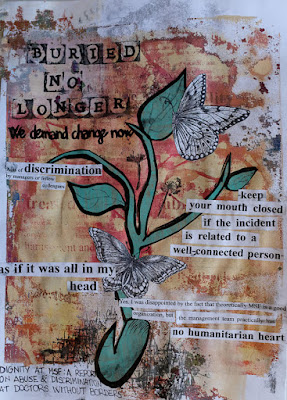Links & Contents I Liked 445

Hi all, One of your favourite #globaldev newsletters is back-with UK aid, land reform, historical insights into China & Africa, philanthropy, racist professionalism, Marxism & classic photo op where Bono met... ;) Enjoy! My quotes of the week In contrast, grassroots organizations like mine that give out small grants require far less proof of need, just brief stories. Take a widow’s request for money for clothes: We will not ask for pictures of her in old dresses to believe that all she had were old dresses. Nor do we ask for pictures of her wardrobe as evidence of her need, nor ask for her account statement with M-Pesa — a mobile money service — to see how well she’d spent whatever funds we gave her. Philanthropy is about the human in need — if she asks for help, I trust that she needs help. (Philanthropy needs to remember the 'human' in humanitarian) Not only is professionalism a double standard in how it’s applied, but the actual standard itself is grounded in a set



